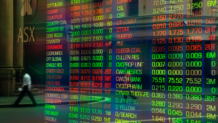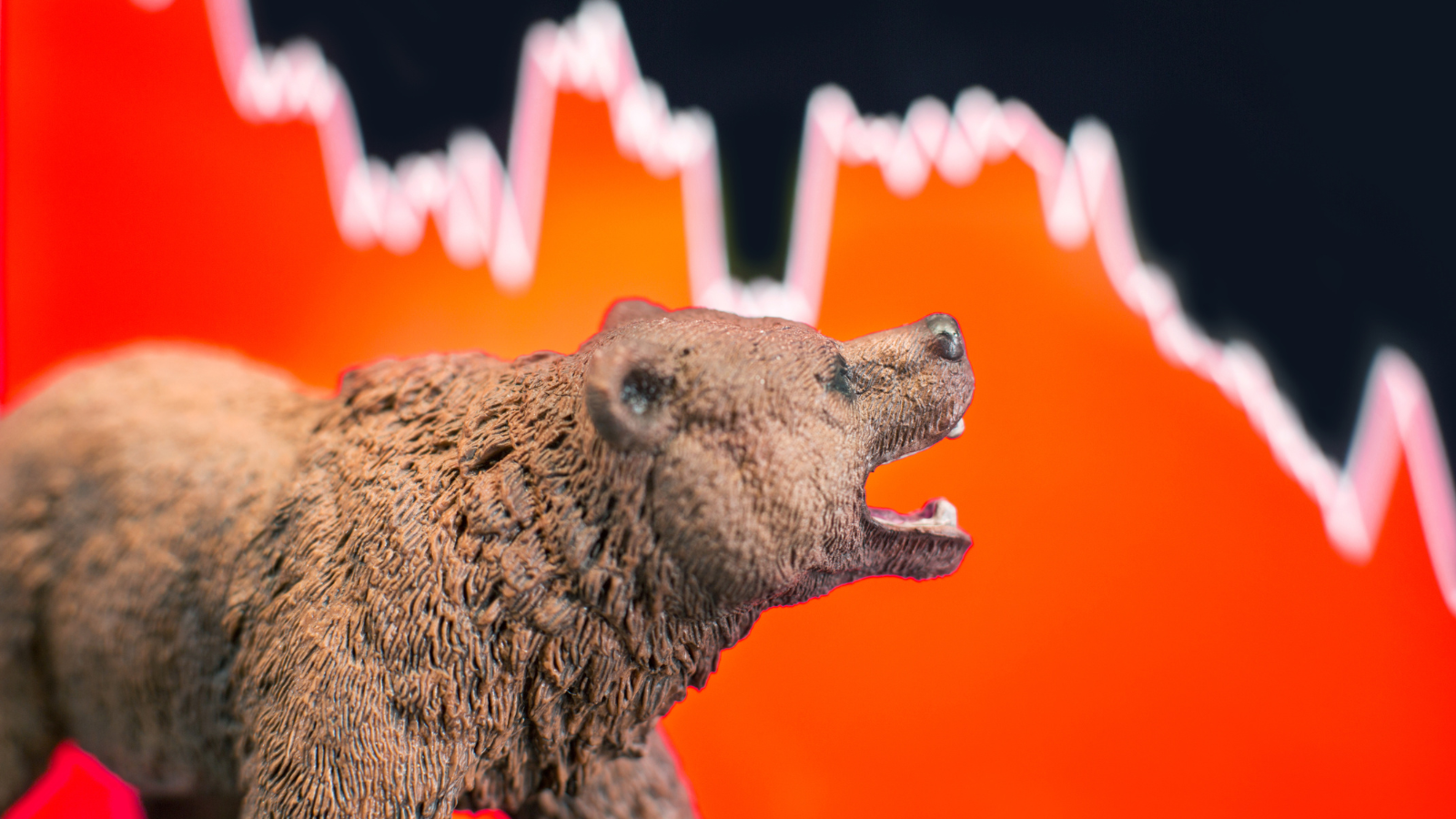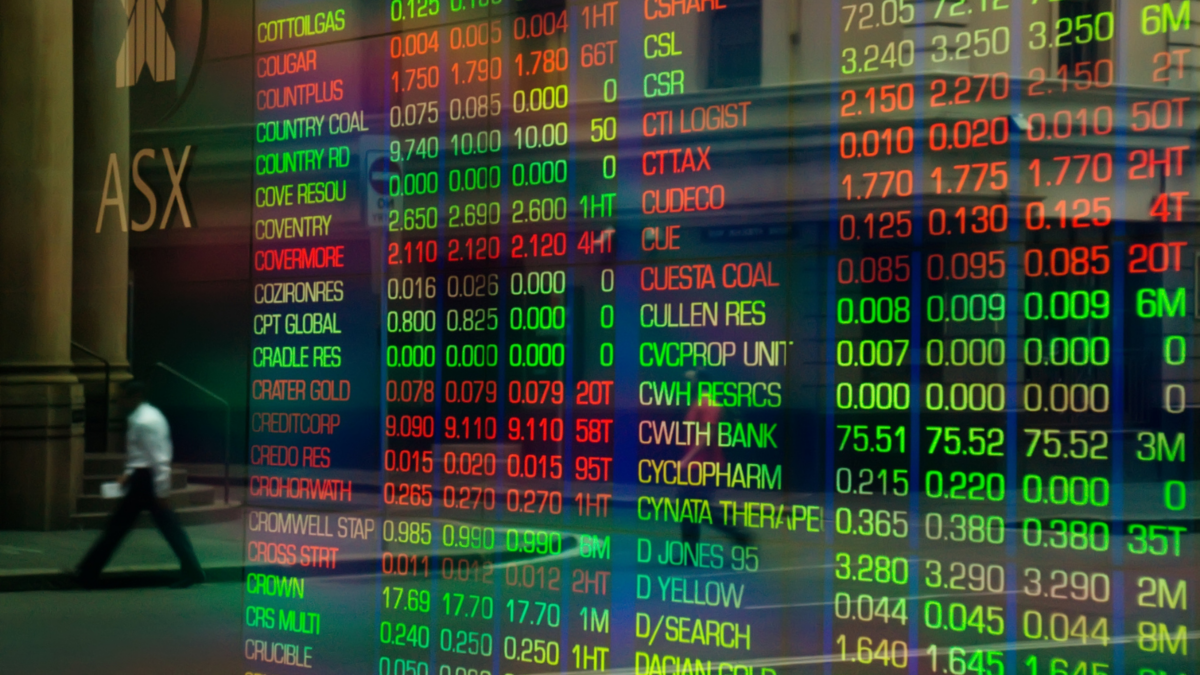Portfolio protection paramount as earnings shock looms: Ruffer
A gradual decline of long-inflated corporate earnings in the US could become an avalanche, with the sudden earnings shock rattling equities portfolios around the world according to Jasmine Yeo, investment manager with British investment manager Ruffer.
Corporate earnings are “extremely elevated”, Yeo observed in a recent Ruffer article, with real earnings per share (EPS) of the S&P 500 over the last 150 years showing the current spike is 61 per cent above the post 1945 line and 96 per cent more than the post 1871 trend.
“The most recent peak in real EPS (in the fourth quarter of 2021) even exceeded the peak of the 2000 bubble,” she said. “Whichever way you cut it, earnings are high.”
The tailwinds that carried major US companies through the pandemic, however – supply chain issues which lifted borrowing pricing power, and near-zero interest rates that lowered borrowing costs – are now rapidly reversing. Supply chains are largely unblocked (outside of energy resources) and the US Federal Reserve is intent on raising interest rates to stabilize inflation.
As a result, the plump margins enjoyed by US companies over the last period are being rapidly trimmed. Coupled with extraneous risks still embedded in the market, the danger to shareholders in terms of both income and capital growth is growing.
“This pressure could be exacerbated by macro factors such as higher energy costs, supply chain re-shoring, wages, labour hoarding and the energy transition,” Yeo said. “An earnings bear market where EPS just return to trend – never mind overshoot – would be brutal, with severe implications for equity markets.”
Exacerbating the danger, investors are not even being rewarded for taking on this extra danger, she continued, with equity risk premiums at a 15-year low.
“For example, a six month US T-bill offers roughly the same yield as the earnings yield, but without any earnings or duration risk. Whilst this is a measure of income and thus does not account for capital growth, it is a startling proposition nonetheless.”
Yeo uses a quote from Hemingway’s The Sun Also Rises to characterise the potential cliff for earnings, saying the fall could happen “Gradually, and then suddenly”.
“As the sun now sets on 2023’s first earnings season, we at Ruffer fear equity markets are heading for a Hemingway moment,” she warned.
Avoid getting gored
There are factors that could mitigate the danger, however, including the re-opening of Chinese market channels, a freeing-up of Europe’s energy crisis, US consumer resilience and underlying liquidity driven by central banks in key Asian and European nations.
“However, we expect both fundamental factors and liquidity conditions to be challenged in the second half of the year, particularly as consumers draw down their covid savings buffers. And we are already seeing evidence a global rebound is inconsistent with sustained disinflation,” she said.
“Hence, we have used this year’s risk rally to dial up the protection in the Ruffer portfolio. We remain defensively positioned in the expectation that this year’s running of the bulls will end suddenly – and the unwary risk being gored.”











